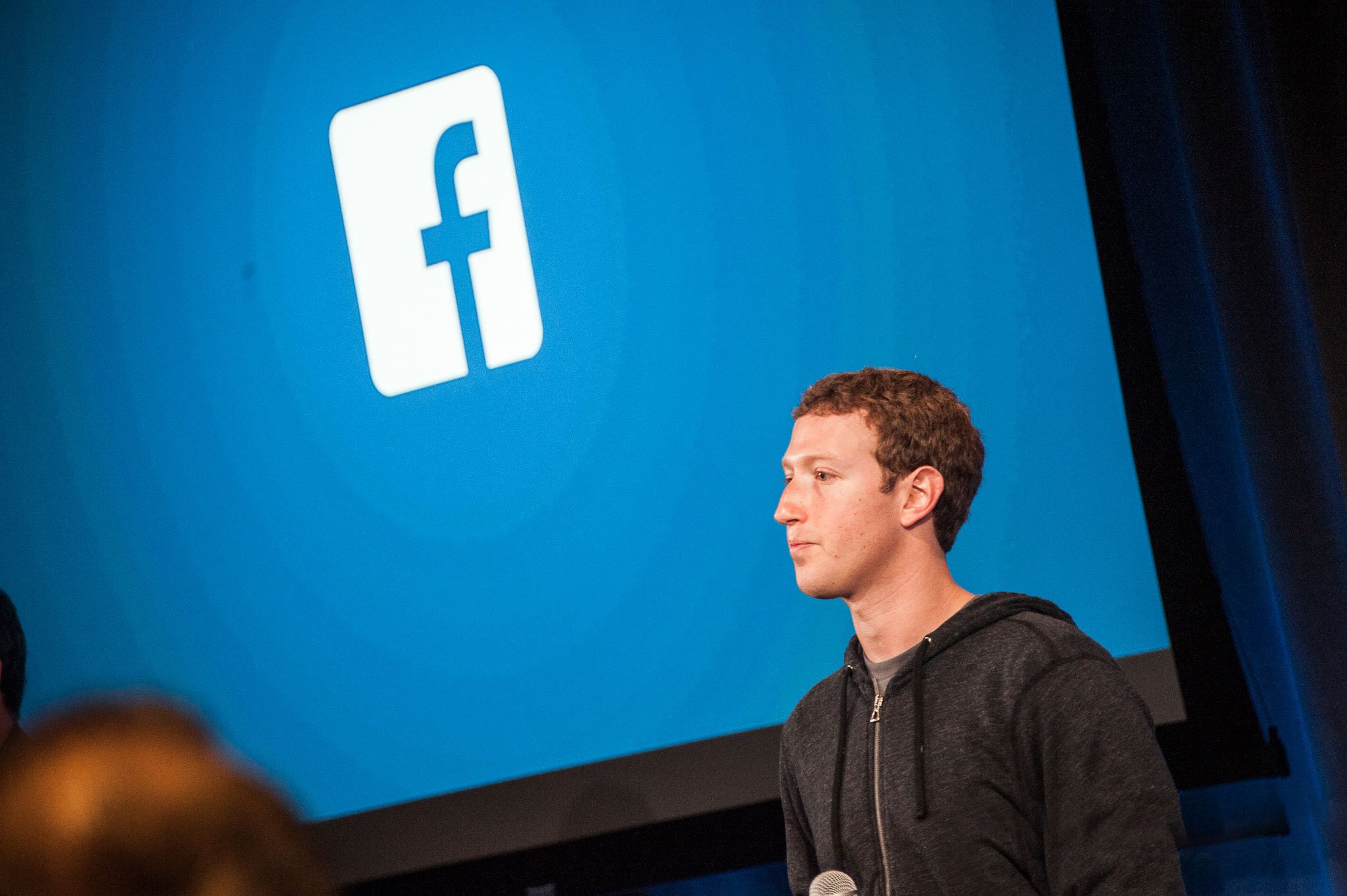DC AG Racine files amicus brief seeking to hold Facebook accountable for deceiving users

What you need to know
- AG Racine has filed a brief that urges the Superior Court of the District of Columbia to allow a private lawsuit that challenges Facebook's claims about removing hate speech from its platform.
- The brief also urges the court not to grant sweeping immunity to large tech platforms like Facebook.
- Muslim Advocates had filed a lawsuit against Facebook in April last year to hold the social networking giant accountable for "misleading consumers about the safety of its product."
District of Columbia Attorney General Karl A. Racine on December 6 filed a brief supporting effort from Muslim Advocates, a national civil rights organization, to hold Meta-owned Facebook responsible for "falsely claiming to remove hate speech from its platform."
Urging the Superior Court of the District of Columbia to reject Facebook's efforts to dismiss the case, Attorney General Racine said in a statement:
As we know from countless documents and sworn testimony of former Facebook employees, Facebook and its senior executives know exactly what they're doing and why they're doing it. They are bombarding users with hateful and violent content every day—because Facebook cares more about profit than it cares about protecting its consumers and being responsible about hate speech.
The Office of the Attorney General has explained in its brief that Section 230 of the Communications Decency Act only provides immunity to tech platforms related to the content posted by third parties. However, they are not shielded for "their own unlawful representations about their goods and services." Meta had argued that Section 230 protects tech platforms from accountability.
The brief also claims the District's Consumer Protection Procedures Act (CPPA) prohibits a number of deceptive business practices that could harm consumers. While Facebook has claimed that it cannot be held accountable under CPPA as it doesn't charge a monetary fee from its users, the brief explains the law protects consumers from all deceptive business practices, regardless of whether a consumer pays a fee to access the service.
The Office of the Attorney General has also argued that granting immunity to Facebook and other tech platforms from consumer protection laws would harm District consumers and "diminish their access to truthful information about many of the services they use every day." You can view a copy of the amicus brief here.
Get the latest news from Android Central, your trusted companion in the world of Android

